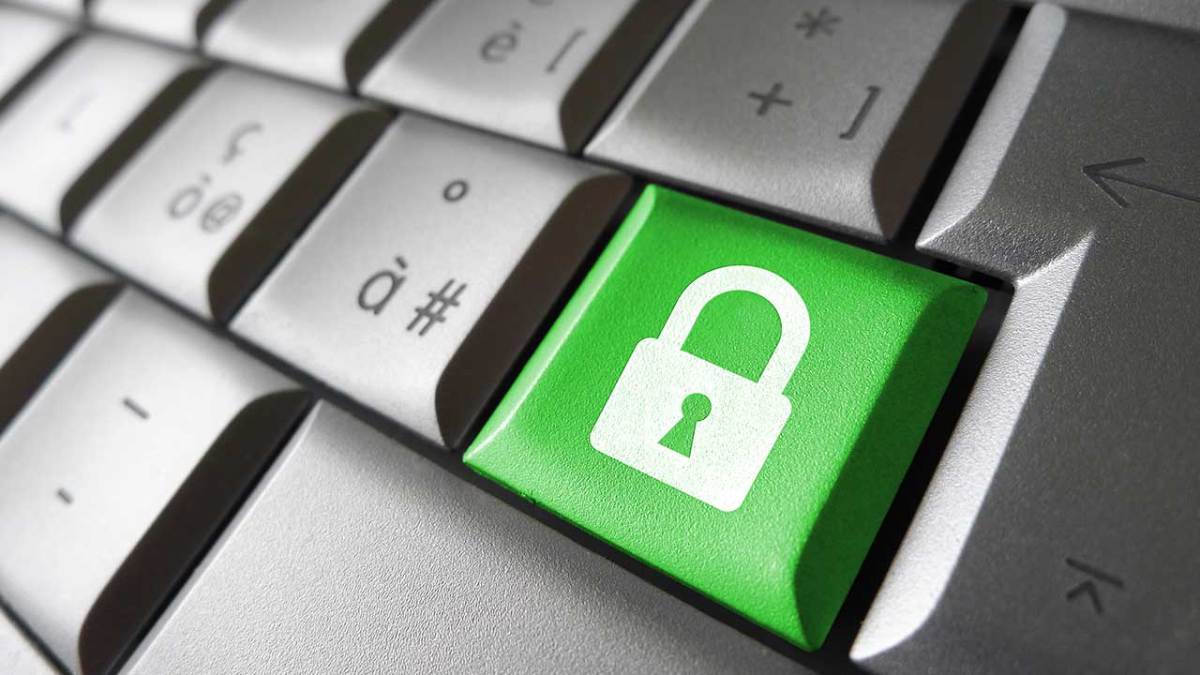Without any doubt, Mobile Phone is the first thing that we see in the morning and the last thing we see at night, which is directly linked with the Internet. We are so bound with technology. Most of us are familiar with the conventional wisdom about protecting our privacy online:
Don’t enter personal or credit card information into sketchy web sites, hide birth dates and other information scammers can use to steal your identity. Protecting a privacy while being online is a hard task. Hackers will find one way to another to get your sensitive information, credit card number and so on. So, here are top 10 things that you should never do online.
POSTING SENSITIVE PHOTOS
We all love to post photos of our vacations, children, and happy times in our lives, with little regard for the price we pay in compromised privacy. But you need to think about the price you might potentially pay for being so open. Photos posted while you’re on vacation announce to your community that you’re not home. And photos of children may end up in unsavory places. A Utah woman who posted family photographs of her children on Instagram, only to find they had been stolen and posted on child pornography web sites.
DOWNLOADING GRABBY APPS
If there’s an app for that, it might know more about you than you’d like. A February 2014 Intel report found that:
- 82% of apps were reading the device identification
- 64% knew who your carrier was
- 59% track you last known location
- 55% were continuously tracking your location
- 26% run the apps you use
- 26% knew your SIM card number
- 36% knew your account number for your account information
Be sure you know what the app is reading and, if it’s gaining access to too much information, don’t download it, she says.
LETTING YOUR KIDS GO ONLINE, THEN PAYING YOUR BILLS
If the kids use your computer to explore gaming, free music, or other sites that are known for malware and then you do your online banking, you may put your accounts at risk. If you bank or manage investment accounts online, she recommends using a designated computer that isn’t online constantly, which also increases the risk of hacking and possible identity theft.
TRUSTING ADS
Congratulations! You, like ten million others, are the millionth user of this site! Tell us all about your personal life, and perhaps your PIN number, to win 32 grand! I’m sorry, negative 32 grand. As big a bargain as burning your bankers! – Hey you are getting $1000 dollars! Just click here! Don’t do it. Never trust them.
SHARING VICES
That shot of you smoking on your last girls’ night out or the shot of you and your buddies out for a night of cocktails? It’s not a great idea to make those public. Sure, people might not think it’s a big deal now, but as more data is stored about you by various companies, you never know what the long-term consequences might be.
TAKING QUIZZES
What Disney princess are you? What historical figure were you in a past life? While quizzes can be a fun diversion, there are reports that some are collecting more than your goodwill. By revealing information about yourself and your personal preferences, you may be inadvertently feeding information about yourself to marketers and data companies. If you can’t resist, be sure you look at who created the quiz. If the quiz asking “What Game of Thrones” character are you?” is on the HBO home page, the information is probably being used more appropriately than if some unknown developer created the quiz.
USING FREE WI-FI
The next time you log on to the coffee shop’s free Wi-Fi, don’t ignore that little notice that tells you others might be able to see what you’re viewing, because that’s true. If you log on to a free wifi account and then do your banking or buy something online, you may put yourself at risk for being scammed.
USING SAME PASSWORD FOR MULTIPLE SITES
Passwords used to be so easy. Your pet bunny was named “Pinky,” so that became your password. Nowadays, passwords look more like JaYW1x%BuUnZ#. Even if you could remember this gobbledygook, do you really want to dream up more than one password that looks like this? Security is vital these days, and complex passwords are the way to go. But there is a simple way to remember good passwords that are also unique to each site. CLICK HERE for more.
SYNC YOUR SOCIAL MEDIA ACCOUNTS
It’s difficult keeping up with all your social media accounts. Services like Buffer, Hootsuite and SproutSocial help you manage your social presence across several platforms from one dashboard. Unfortunately, some people make the mistake of scheduling the same message across all their profiles. Remember, tweets and Facebook posts are very different things, as are Instagram and Google+. Social media is an art. It’s a little more time-consuming to tailor your announcements to each type of social media, but it’s like the old carpenter’s motto: measure twice, cut once.
GET INTO ARGUMENTS ON SOCIAL MEDIA
We have all stumbled into a meme that makes us angry. Or someone sends us a forwarded message that sounds totally misinformed. Or some troll posts a series of vicious comments. My advice: Do not engage.There’s nothing tackier than a social media argument. Even well-intentioned comments can sound snarky and mean-spirited. Friendships often fall apart after sparring on Facebook or Twitter. If you need to sort out your differences, it’s best to do this in person or over the phone. Social media is a hire wire act, and most arguments end badly.
Bijay Pokharel
Related posts
Recent Posts
Subscribe

Cybersecurity Newsletter
You have Successfully Subscribed!
Sign up for cybersecurity newsletter and get latest news updates delivered straight to your inbox. You are also consenting to our Privacy Policy and Terms of Use.





